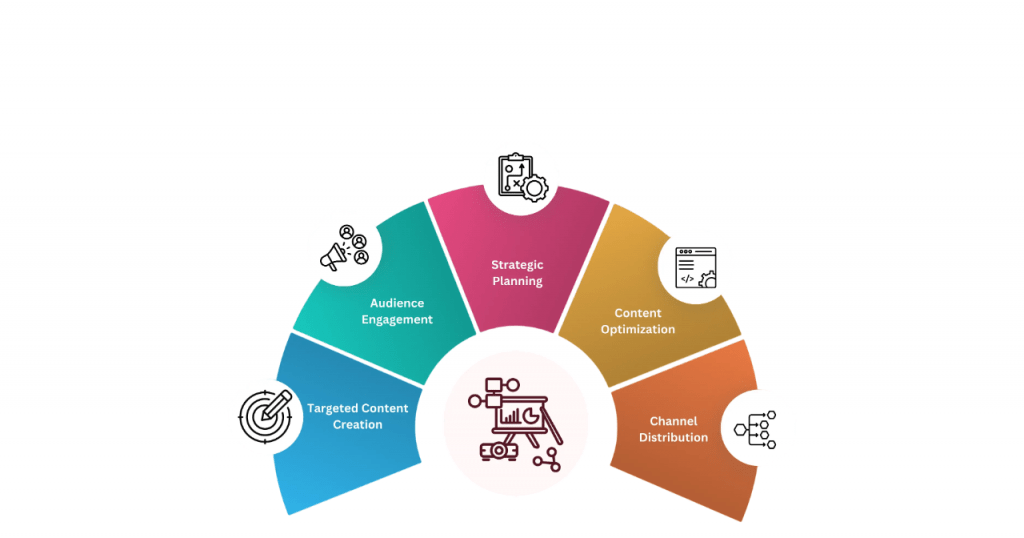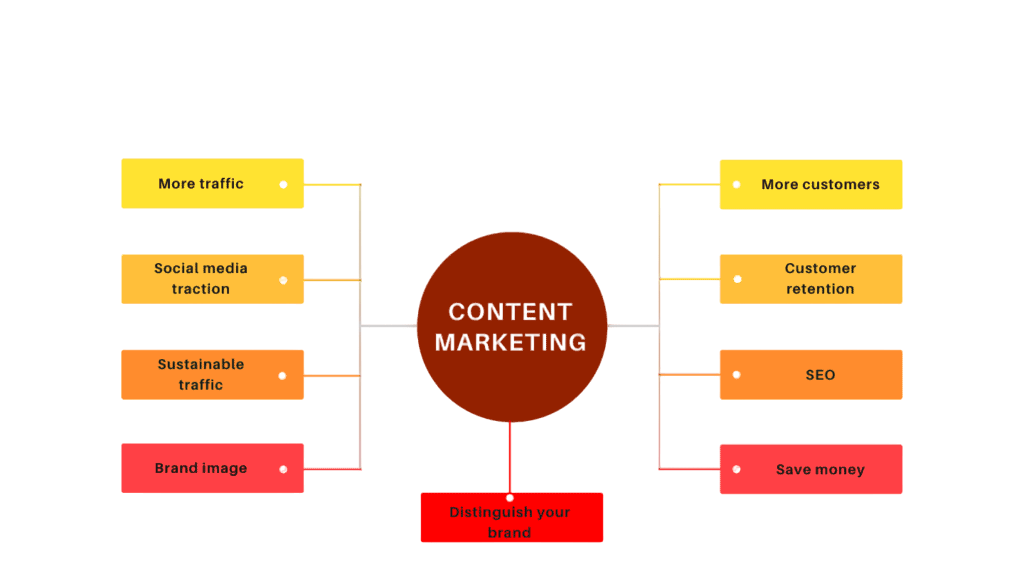
- What is a Google Ads Specialist?
- Key Skills and Certifications
- Google Ads Certification Guide
- Learning the Google Ads Interface
- Types of Google Ads Campaigns
- Keyword Research Techniques
- Writing Ad Copy that Converts
- Optimizing Ads and Bids
- Conclusion
What is a Google Ads Specialist?
A Google Ads Specialist is a digital marketing professional who focuses on creating, managing, and optimizing pay-per-click (PPC) advertising campaigns using the Google Ads platform. These specialists help businesses reach their target audiences by placing ads in Google search results, YouTube, and the Google Display Network. Their primary goal is to maximize return on investment (ROI) by ensuring that ads are relevant, engaging, and well-targeted. With the growing importance of online advertising, companies increasingly rely on Google Ads Specialists to drive website traffic, generate leads, and increase sales.A Google Ads Specialist is a digital marketing professional who manages and optimizes paid advertising campaigns on Google’s advertising platform, Google Ads. Their primary goal is to help businesses reach their target audience, increase online visibility, drive traffic, and generate leads or sales through paid search and display advertising. Google Ads Specialists are skilled in creating and managing various types of ad campaigns, including Search, Display, Video (YouTube), Shopping, and App campaigns. They conduct keyword research to identify relevant search terms, write compelling ad copy, set up bidding strategies, and monitor campaign performance using analytics tools. In addition to launching campaigns, these specialists continuously analyze and optimize ad performance by adjusting keywords, targeting settings, bids, and ad creatives to improve return on investment (ROI). They also run A/B tests to compare different versions of ads and landing pages.
Ready to Get Certified in Digital Marketing? Explore the Program Now Digital Marketing Online Training Offered By ACTE Right Now!
SEO & SEM Terms
Search Engine Optimization (SEO) and Search Engine Marketing (SEM) are core components of digital marketing. SEO refers to optimizing a website to rank higher in organic search engine results. SEM, on the other hand, includes both paid and unpaid strategies to increase search visibility.
- Keyword: A word or phrase that users type into a search engine.
- Meta Tags: Snippets of code that provide information about a webpage to search engines.
- Backlinks: Incoming links from other websites, which affect domain authority.
- Organic Traffic: Visitors who land on a website through unpaid search results.
- Paid Search: Using platforms like Google Ads to display ads in search engine results.
- CTR (Click-Through Rate): The percentage of users who click on a link or ad.
- Impressions: The number of times an ad or page is displayed in search results.
Social Media Marketing Terms
Social media marketing focuses on using platforms like Facebook, Instagram, Twitter, and LinkedIn to promote content and engage with audiences.Social media marketing involves various key terms that help professionals track performance and optimize strategies. One important term is Engagement, which refers to how users interact with content through likes, comments, shares, and saves. Reach indicates the number of unique users who have seen a post, while Impressions represent the total number of times content is displayed, regardless of whether it was clicked. Followers are users who subscribe to a page or profile, and tracking their growth is essential for measuring audience expansion. Hashtags are keywords or phrases preceded by a pound sign (#) used to categorize content and increase discoverability.

Organic reach is the number of people who see content without paid promotion, whereas paid reach includes views gained through advertising. Influencer Digital Marketing Training involves partnering with individuals who have large or engaged followings to promote products or services. CTR (Click-Through Rate) measures how many users clicked on a link compared to how many saw the post or ad. Conversion refers to turning a social media interaction into a desired action, such as a sale or Trending Content sign-up. Understanding these terms is crucial for creating effective social media strategies and achieving marketing goals.
To Explore Digital Marketing in Depth, Check Out Our Comprehensive Digital Marketing Training To Gain Insights From Our Experts!
Email Marketing Vocabulary
Email marketing remains a powerful channel for direct communication with customers.
Content Marketing Terms
Content Marketing Terms involves creating and distributing valuable content to attract and engage a target audience.Content marketing is a strategic approach focused on creating and distributing valuable, relevant, and consistent content to attract and retain a clearly defined audience. To succeed in content marketing, it’s important to understand key terms that guide the planning and measurement of content performance. Content Strategy refers to the planning, development, and management of content aligned with business goals and audience needs. A Content Calendar is a scheduling tool used to plan when and where content will be published. Target Audience defines the specific group of people a brand wants to reach through its content, often identified through demographics, interests, and online behavior. SEO (Search Engine Optimization) plays a crucial role in content marketing by ensuring that content ranks high in search engine results, increasing visibility. Keywords are specific words or phrases users type into search engines, which marketers use to optimize content. Blog Posts, Infographics, Videos, Podcasts, and E-books are all common Content Formats used to engage audiences in different ways.

Evergreen Content refers to content that remains relevant over time, while Trending Content focuses on current events or popular topics. Content Curation involves sharing third-party content that is relevant and valuable to your audience. Call-to-Action (CTA) is a prompt within the content that encourages users to take a specific action, like subscribing to a newsletter or downloading a resource. Engagement Metrics such as likes, shares, and comments help measure how users interact with the content. Bounce Rate, Time on Page, and Conversion Rate are used to evaluate content effectiveness. Repurposing Content means reusing existing content in different formats to reach a broader audience. Understanding these terms helps marketers create impactful content strategies that drive traffic, generate leads, and build lasting relationships with their audiences.
Looking to Master Digital Marketing? Discover the Digital Marketing Expert Masters Program Training Course Available at ACTE Now!
PPC and CPC Explained
Pay-Per-Click (PPC) is an online advertising model where advertisers pay each time a user clicks their ad. Cost-Per-Click (CPC) is the amount paid per click.
- Ad Rank: Determines the position of your ad on search engine results pages.
- Quality Score: Google’s rating of the quality and relevance of your ads.
- Display Ads: Banner or image-based ads on websites and apps.
- Search Ads: Text-based ads displayed in search engine results.
- Remarketing: Showing ads to users who have previously visited your site.
- Conversion Rate: The percentage of users who complete a desired action.
- Bid Strategy: Determines how you pay for users to interact with your ads.
CRM and Lead Generation Jargon
Customer Relationship Management (CRM) tools help businesses manage interactions with current and prospective customers.In the world of digital marketing and sales, understanding CRM (Customer Relationship Management) and lead generation jargon is essential for effectively managing prospects and nurturing customer relationships. CRM (Customer Relationship Management) refers to systems and tools used to manage a company’s interactions with current and potential customers. A CRM platform helps organize customer data, track communication, and automate tasks to improve relationships and increase sales. Contact Management is the process of storing and organizing customer information within the CRM, while Pipeline Management tracks prospects through different stages of the sales funnel. Lead Generation involves attracting and capturing interest in a product or service with the goal of developing a sales pipeline. A Lead is a person or organization that has shown interest, while a Qualified Lead (Marketing Qualified Lead MQL or Sales Qualified Lead SQL) meets specific criteria indicating readiness to move further in the buying process. Lead Magnet is an incentive, such as a free e-book or webinar, offered to prospects in exchange for their contact information. Landing Pages are standalone web pages used to capture leads via forms. Call-to-Action (CTA) prompts users to take a desired action, Content Marketing Terms like filling out a form or requesting a demo. Other key terms include Lead Scoring, a method of ranking leads based on interest level and behavior, and Drip Campaigns, which are automated sequences of emails sent to nurture leads over time. Conversion Rate measures the percentage of leads that take a desired action, while Customer Lifecycle refers to the stages a customer goes through, from awareness to loyalty. Mastering these terms helps teams streamline their lead generation efforts and build stronger, data-driven customer relationships using CRM systems.
Preparing for Digital Marketing Job Interviews? Have a Look at Our Blog on Digital Marketing Interview Questions and Answers To Ace Your Interview!
Analytics and Reporting Metrics
Digital marketers rely heavily on data to assess campaign performance and make decisions.
- Google Analytics: A popular tool for tracking website traffic and behavior.
- Bounce Rate: The percentage of visitors who leave a site after viewing only one page.
- Sessions: Visits to your site within a specific timeframe.
- Pageviews: The total number of pages viewed.
- Exit Rate: The percentage of users who leave from a particular page.
- Engagement Rate: How actively users interact with your content.
- Attribution: Assigning credit to marketing efforts for conversions.
Conclusion
Understanding digital marketing terminology is essential for anyone looking to succeed in today’s online landscape. From social media and content marketing to CRM and lead generation, each area has its own set of specialized terms that guide strategy, execution, and analysis. Knowing these terms not only helps professionals communicate more effectively but also allows them to make informed decisions, optimize campaigns, Content Marketing Terms and achieve better results. Whether you’re building brand awareness, nurturing leads, or analyzing performance, a solid grasp of Digital Marketing Training jargon lays the foundation for growth, engagement, and long-term success in the digital space.




